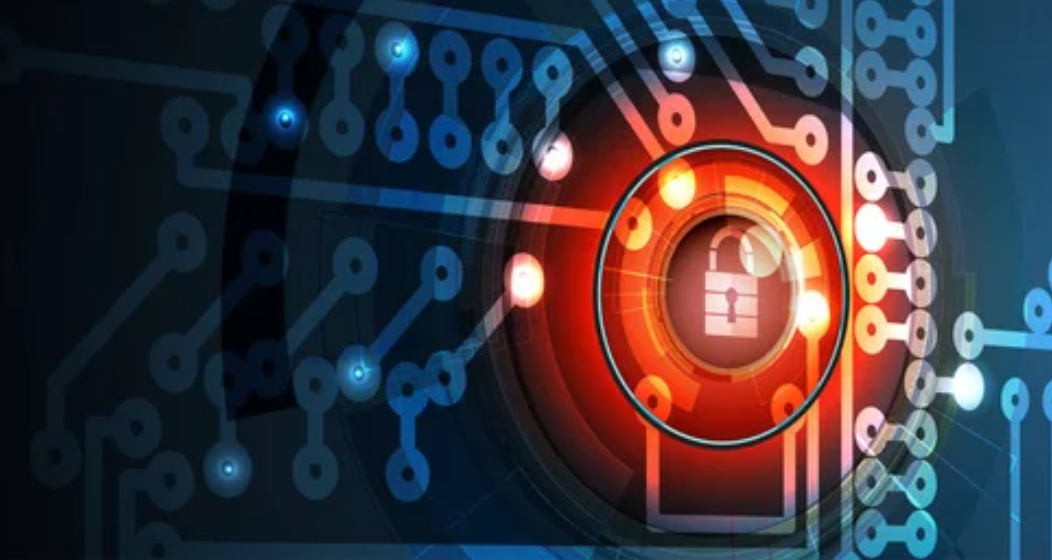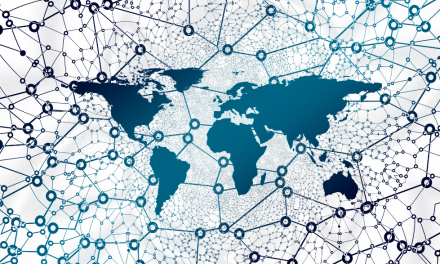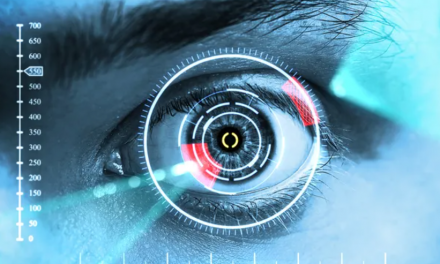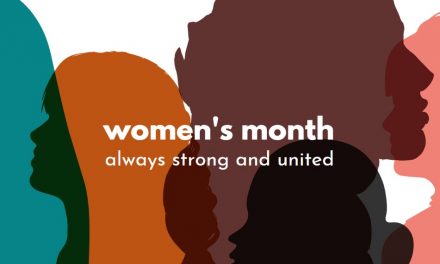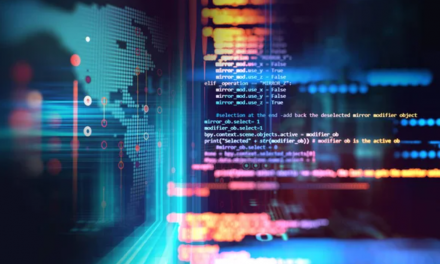The Emergence of Blockchain and DLT: Charting the Course for Widespread Use and Enhanced Digital Security
In today’s digital-first landscape, where the term ‘digital transformation’ transcends mere buzzwords into essential strategy, blockchain and Distributed Ledger Technology (DLT) are swiftly moving from niche interests of crypto enthusiasts and fintech professionals to the threshold of general acceptance. These innovative technologies stand poised to enact sweeping changes across various industries, with a particularly strong impact on the domain of cybersecurity.
Ushering in a New Chapter in Data Protection
Blockchain and DLT are reshaping the ways in which data is stored, accessed, and safeguarded. Their method of distributing data across a network, as opposed to centralizing it, drastically diminishes the likelihood of data breaches. This decentralized methodology ensures that the compromise of a single node does not affect the overall system integrity.
Beyond Finance: Diverse Industry Applications
Originally gaining attention through Bitcoin, blockchain’s capabilities extend far beyond the realm of digital currencies. Sectors like healthcare and supply chain management are investigating blockchain solutions for more secure, transparent, and efficient operations. In healthcare, blockchain offers a new level of security and privacy in managing patient records. In supply chain management, it ensures a clear, unalterable record from production to consumer.
Advancements in Identity Verification and Privacy
Blockchain is set to overhaul identity verification processes. With blockchain-based identity systems, individuals gain greater control over their personal data. This approach allows users to disclose only essential information to service providers, thereby mitigating risks associated with identity theft and fraud.
Modernizing Government Operations and Electoral Systems
Governments globally are starting to appreciate blockchain’s capacity to streamline processes and bolster public confidence. Estonia, leading in e-governance, has already incorporated blockchain in various public services, including electoral systems, showcasing the technology’s ability to render governmental procedures more transparent and secure.
The Significance of Smart Contracts in Establishing Automated Trust
Smart contracts, or contracts whose terms are encoded directly into software, represent yet another groundbreaking aspect of blockchain. These contracts autonomously enforce and execute agreements, reducing reliance on intermediaries and increasing the speed and security of transactions.
Blockchain’s Role in Reinforcing Cybersecurity
The influence of blockchain and DLT in the realm of cybersecurity is significant. They establish a secure, immutable transaction record, substantially reducing cyberattack risks. Furthermore, blockchain’s decentralized nature presents significant challenges for hackers, eliminating single points of failure.
Navigating the Roadblocks to Broad Adoption
While the potential of blockchain and DLT is immense, certain challenges like scalability, energy consumption, and regulatory issues persist. Nevertheless, continual innovation and cooperation among tech firms, governments, and regulatory entities are smoothing the path to address these hurdles.
A Decentralized Future Beckons
Looking ahead, it’s evident that blockchain and DLT will be instrumental in molding our digital era. From fortifying cybersecurity to revolutionizing industry norms, their untapped potential is vast. The widespread adoption of these technologies seems not just likely but inevitable, heralding a more secure, efficient, and transparent digital environment.
This journey toward integrating blockchain and DLT into our everyday lives is brimming with promise and potential. Embracing these technologies propels us into a future where digital security and efficiency are tangible realities. The path forward is filled with promise, and the societal advantages are immense, as we leverage these transformative technologies for a safer, more efficient tomorrow.

